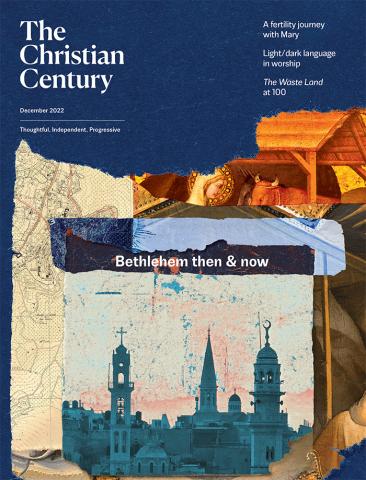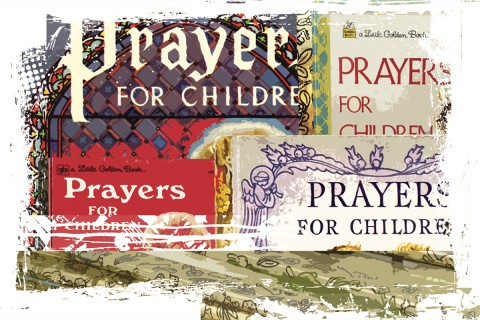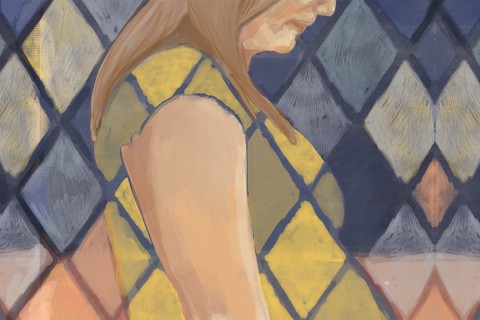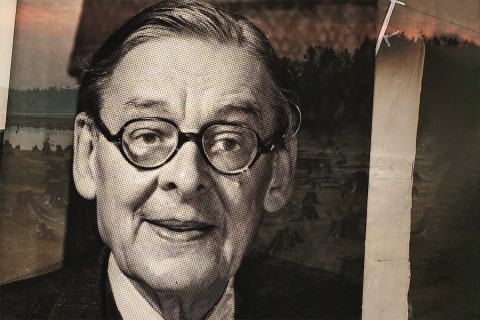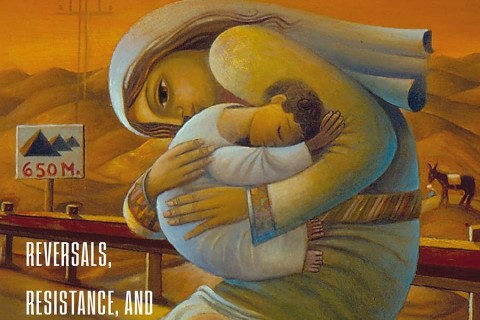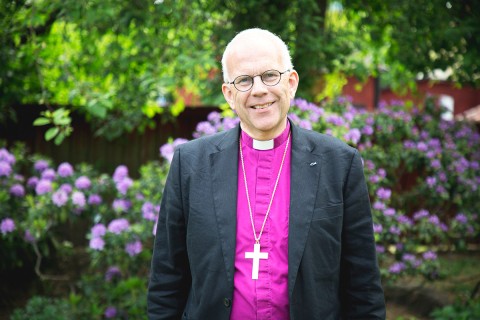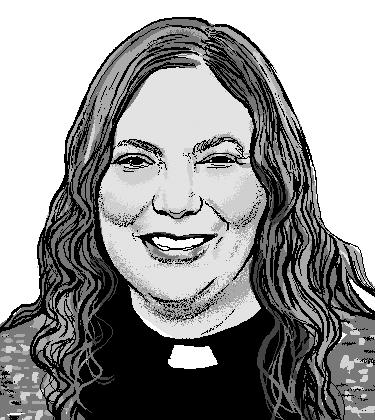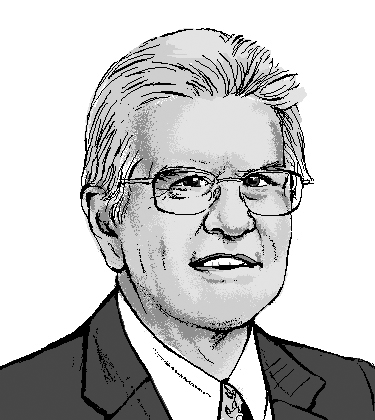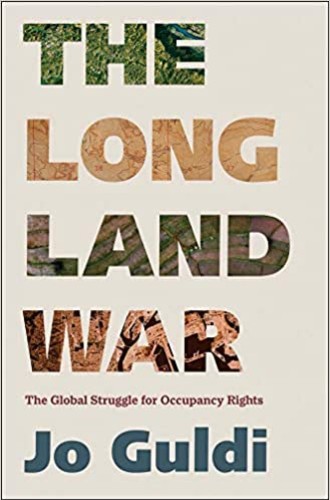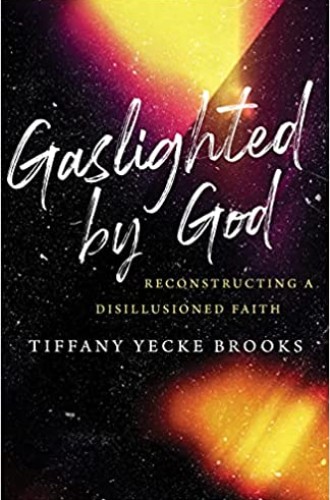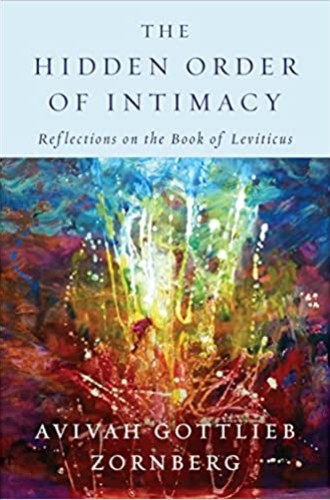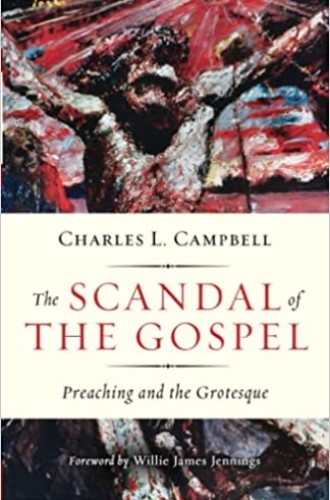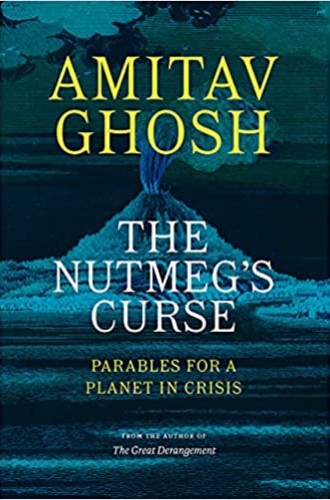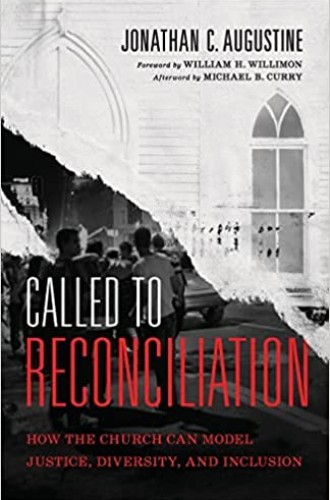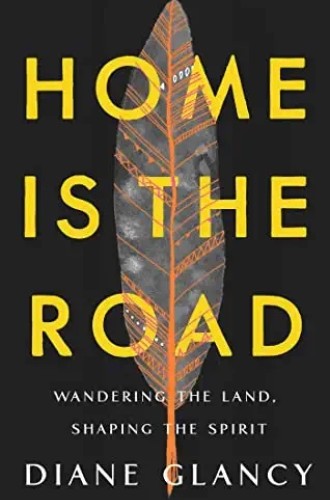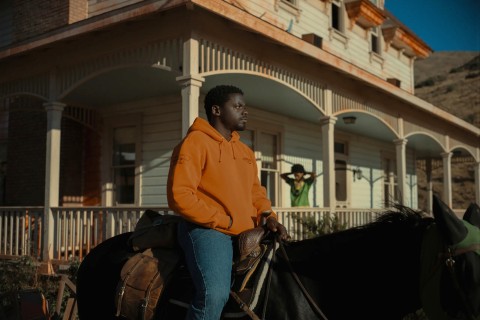Features
I hear no voice
My fertility journey with Mary
Reading The Waste Land as it turns 100
Golden Calf and consuming fire
Should we avoid liturgical language of light and dark?
Is Sinéad O’Connor a secular saint?
Mary, Joseph, and a tea vendor named Sami
Meet the Church of Sweden’s archbishop-elect
Voices
Brian Bantum
The roots of my deconstruction
The cracks in my faith came slow, like when plants grow under concrete.
Heidi Neumark
What does God look like?
A man sleeping on a step? A baby in a manger?
Isaac S. Villegas
A shower in the desert
At a migrant shelter in Tijuana, I met a woman who was about to give birth.
Rachel Mann
What sort of Christian story is viable in our time?
I’m hoping for one that’s lyrical, chastened, hallowed.
Debie Thomas
The feeling I no longer pray for
One of the reasons I left my childhood faith tradition is that I didn’t feel what I was supposed to feel.
Philip Jenkins
The priest behind the screen
Oddly enough, some of the best TV shows about clergy come from secular Europe.
Books
Who gets to live on the land?
Historian Jo Guldi argues that land occupancy struggles aren’t just about fairness; they’re about humanity’s survival.
How some churches fail to provide a lifeline
Tiffany Brooks offers much more than just another exvangelical anger manual.
Avivah Zornberg finds the plot of Leviticus
The eclectic scholar masterfully uncovers the subterranean threads and tensions that underlie this nonnarrative text.
The Word made grotesque
If we want our sermons to resemble real life, says Charles Campbell, we might take a hint from carnival.
When nature is its own protagonist
Amitav Ghosh’s book sings the ancestral story of nutmeg.
Can we be reconciled to God without being reconciled to one another?
Jonathan Augustine starts where Barth left off, moving from salvific reconciliation to social reconciliation.
Diane Glancy’s search for home
Glancy’s spirit is shaped as much by her exile from her tribe as by her ties to it.


